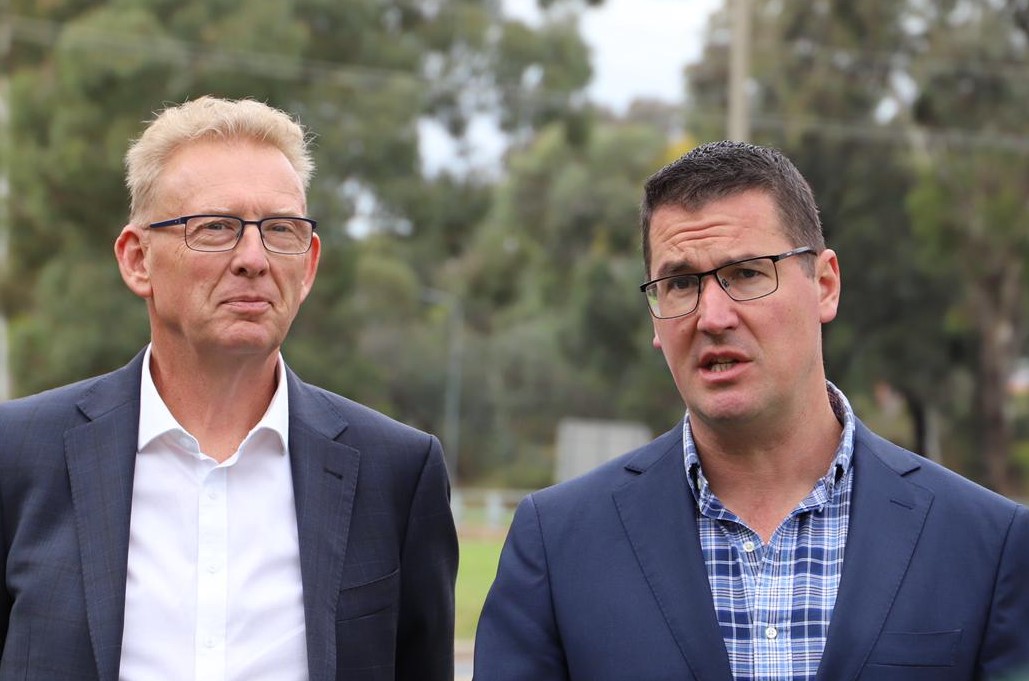Jeremy Hanson and Brendan Smyth are teaming up to band the drum on rates again.
Andrew Barr has been forced to table documents in the Assembly that show the analysis and models for his tax reform program. Despite vehement claims to the contrary during the election campaign, the documents show there is no possible scenario for rates not to triple when the reforms are implemented, Leader of the Opposition Jeremy Hanson said today.
“ACT Labor’s data tabled in the Legislative Assembly today definitively shows that rates will more than triple under these reforms, the only thing that changes is how long it will take to happen,” Mr Hanson said.
“It ranges from a period of seven years (Table 4 pg 10), to an outside period of 15 (Table B1 pg 26), but rates triple.
“Worse still, tripling is the lowest amount rates are increased under these reforms.
The relevant documents are here and here.
While it’s nice to see the Liberals somewhat vindicated we’re still waiting to hear the answers to the big question:
- If not through rates how do they plan to fund the operations of the ACT Government, and if they intend to reduce those operations what are they going to cut?















